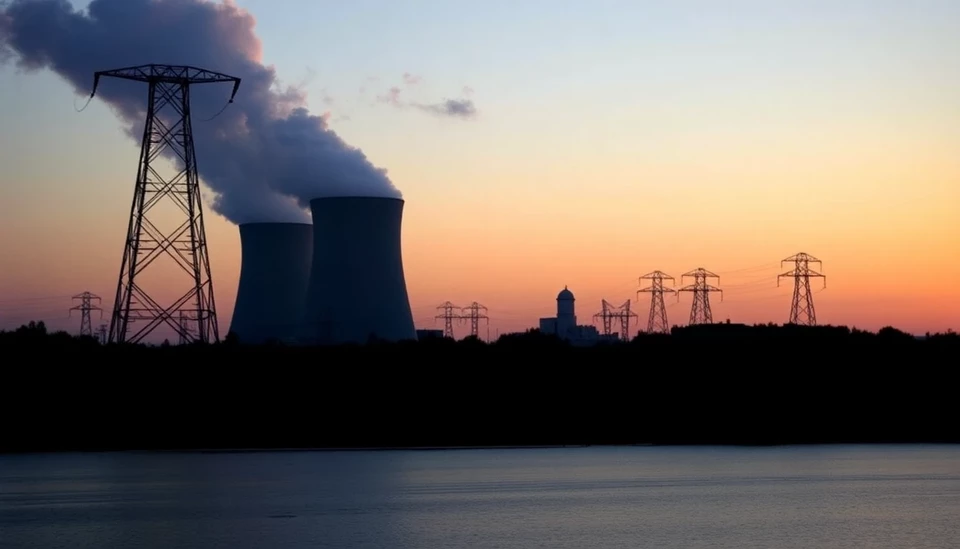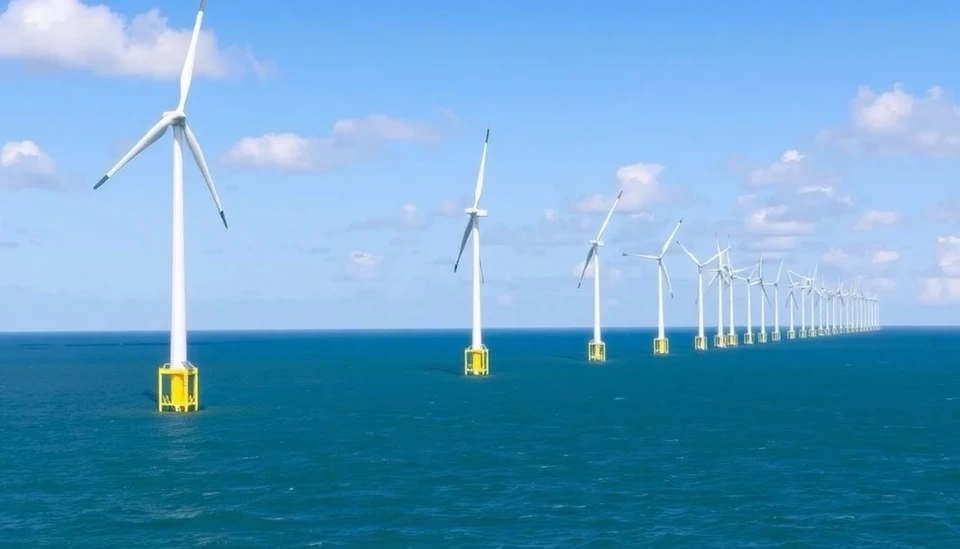
In a significant move towards sustainable energy solutions, New York State is actively exploring the potential for expanding nuclear power installations. As officials face increasing pressures to meet energy demands while combating climate change, nuclear power emerges as a pivotal element in the state's energy strategy.
The state’s quest for nuclear energy expansion comes in the wake of a comprehensive analysis evaluating the current and future energy landscape. Given New York's ambitious goals to significantly reduce greenhouse gas emissions and enhance energy security, stakeholders are now assessing existing nuclear facilities and potential sites for new projects.
Governor Kathy Hochul and her administration are spearheading discussions about the nuclear option, emphasizing that such developments could provide a reliable source of low-carbon energy. With renewable energy sources like wind and solar increasingly incorporated into the energy grid, the state recognizes the role nuclear energy can play in ensuring stability and reliability in power supply.
Currently, New York operates three commercial nuclear plants, which collectively contribute approximately 30% of the state's electricity supply. These facilities are crucial, especially as the state plans to phase out fossil fuel power plants in the coming years. However, as older plants face the inevitable requirement for upgrades and safety enhancements, the question remains: what is the future of nuclear power in New York?
The initiative to explore nuclear expansion coincides with broader national discussions about the viability of nuclear energy in the United States. The Biden administration has shown support for nuclear power as part of a balanced portfolio to achieve net-zero emissions by 2050. This federal backing could provide New York with additional resources and incentives to advance its nuclear projects.
Challenges remain, however. The public perception of nuclear energy, influenced by historical nuclear incidents, necessitates a comprehensive outreach and education campaign to communicate advancements in safety technology and the environmental benefits of modern nuclear power plants. New York's administration aims to build community support through transparent dialogues about the importance of nuclear energy in the state’s clean energy transition.
As discussions progress, several paths for potential nuclear development are being considered. These include the investment in small modular reactors (SMRs), which promise greater safety and reduced upfront costs. Experts believe that SMRs could be effectively deployed in regions that currently lack sufficient energy infrastructure, thereby enhancing energy access and reliability.
During the exploratory phase, state officials will analyze the economic implications of nuclear expansion, including job creation, energy prices, and the investment required for construction and maintenance. Engagement with energy stakeholders, including utility companies and environmental organizations, will be crucial in shaping the future of nuclear power in New York.
As the conversation around energy continues to evolve, the decision to consider nuclear power reflects New York's commitment to balancing environmental responsibility with the pressing need for reliable energy sources. Officials are optimistic that nuclear energy could play a key role in the state’s path to achieving its climate goals, while ensuring a stable energy future for all New Yorkers.
In conclusion, the exploration of nuclear power by New York State stands as a testament to the state’s proactive approach to energy challenges. By looking into this option, New York aims not only to address immediate energy needs but also to build a sustainable energy framework that could serve as a model for other states in the nation.
#NewYork #NuclearPower #CleanEnergy #Sustainability #EnergySecurity #ClimateGoals #RenewableEnergy
Author: Megan Clarke




